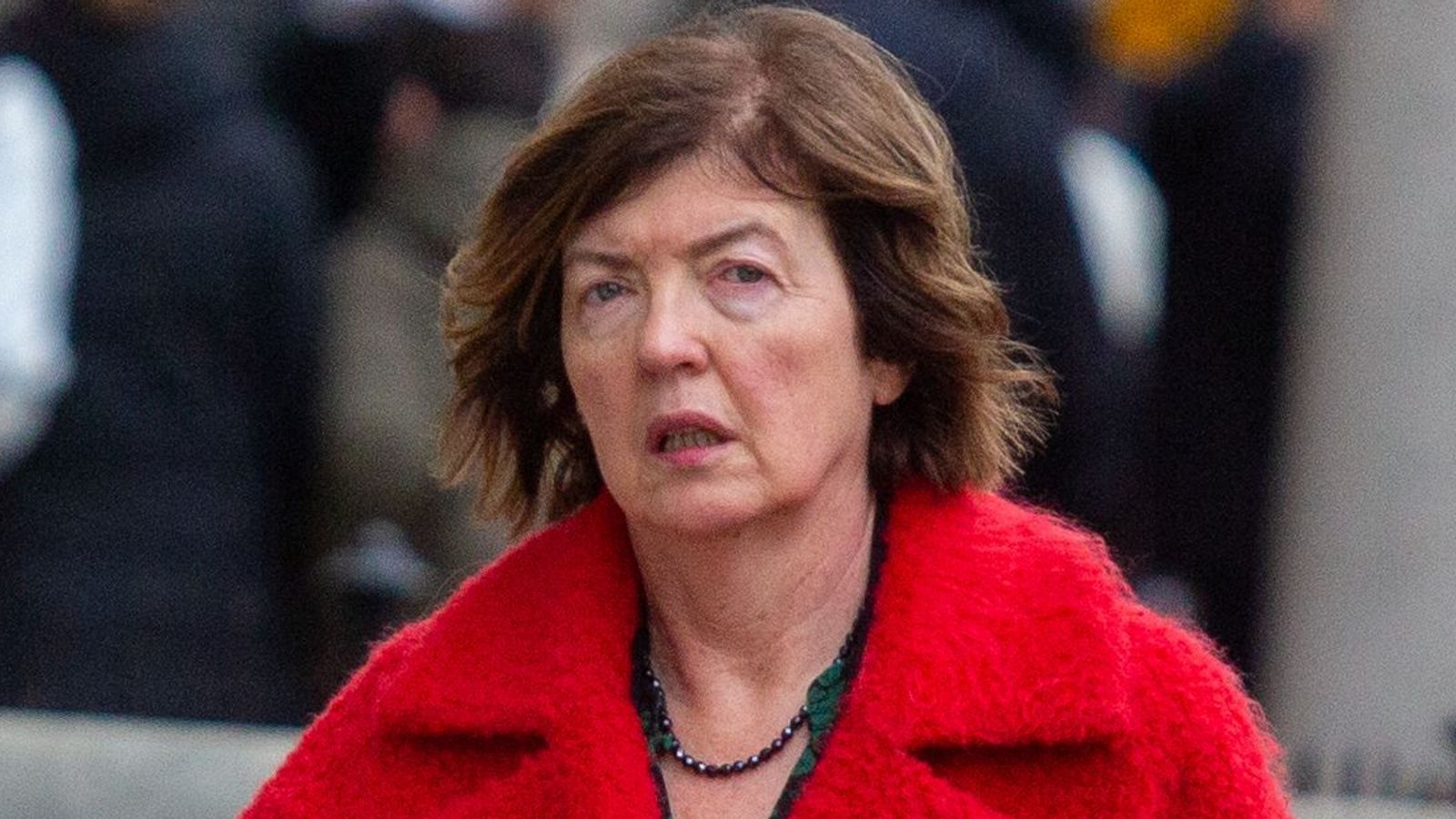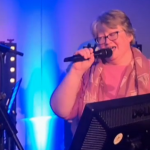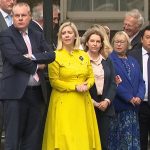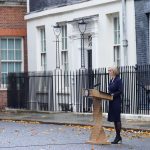Sue Gray broke the Civil Service code by discussing a job with Labour, a Cabinet Office investigation has concluded.
In a written ministerial statement, Cabinet Office minister Jeremy Quinn said the “undeclared contact” between her and the party constituted a breach.
Politics live: Right-wing Tories challenge Sunak over immigration
“The rules and guidance that govern the conduct of civil servants are clear and transparent,” he added. “It is deeply unfortunate that events have transpired in this way.”
But he insisted he remained “confident in the impartiality of our Civil Service”.
A government source told Sky News that the findings of the investigation – carried out by civil servants, not ministers – would have resulted in “serious disciplinary sanctions” if Ms Gray had still been working in Whitehall.
Ms Gray became a household name during the partygate revelations, leading the investigation into lockdown-breaking gatherings in Downing Street.
Lisa Nandy to rebuke critics within Labour and insist party’s housing policy is not ‘Tory-lite’
Sue Gray cleared to work as Labour chief of staff from September
Starmer fails to commit to recommended public sector pay rises
Sky News revealed in March that she had been in secret talks with Labour about becoming Sir Keir Starmer’s chief of staff since October 2022 – when still a senior civil servant, but months after she published her partygate report.
Within hours, she had quit the Civil Service in order to take up the role.
But first, Ms Gray had to get the sign off from the Advisory Committee on Business Appointments (Acoba), which can impose conditions and a cooling-off period before former ministers or senior civil servants start new jobs.
The watchdog approved her appointment on Friday, saying there had to be a six-month break between her quitting and her starting at Labour to avoid “a potential risk to the perceived impartiality of the Civil Service” – meaning she can begin as chief of staff in September.
However, there was still anger from Conservative critics, who continue to question her impartiality during her inquiry into Downing Street parties.
Acoba said on Friday that “no evidence” was provided to the committee that Ms Gray’s “decision-making or ability to remain impartial was impaired whilst she remained in her Civil Service role”, and that “no evidence has been provided by the departments to demonstrate Ms Gray made decisions or took action in office which favoured the employer in expectation of this role”.






















